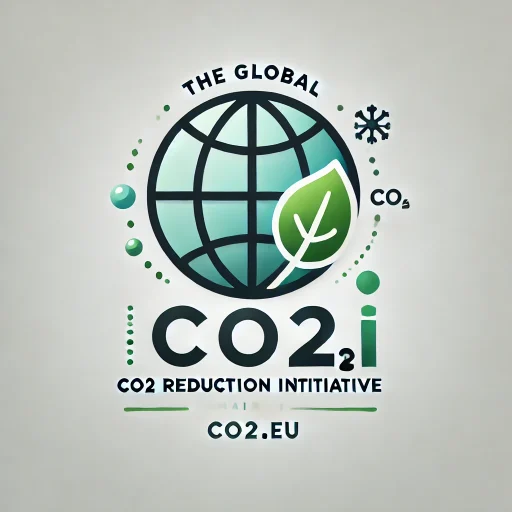EU Carbon Reduction Activities: Late October to Early November 2025
Executive Summary: The European Union is actively negotiating its climate targets, aiming for a 90% reduction in carbon emissions by 2040. Internal disagreements, particularly over economic competitiveness and carbon credits, have delayed binding commitments. The EU is working to finalize its climate strategy ahead of the COP30 summit, with a focus on balancing industrial growth and environmental responsibilities.
Introduction
In the period between October 27, 2025, and November 02, 2025, the European Union (EU) has been engaged in intensive discussions and negotiations regarding its carbon reduction targets. These activities are crucial as the EU prepares for the upcoming United Nations COP30 climate summit. This report provides a detailed overview of the key developments and challenges faced by the EU in setting its climate goals.
Key Developments
2040 Emissions Reduction Target
The EU aims to cut carbon emissions by 90% by 2040 compared to 1990 levels. However, internal divisions among member states have delayed the agreement on binding targets. A non-binding interim goal of reducing emissions by 66.25% to 72.5% has been proposed, which falls short of the Paris Agreement obligations. The main disputes involve the use of carbon credits and carbon sinks. (Phys.org)
Challenges and Negotiations
Countries like Poland and the Czech Republic have expressed concerns over the achievability of the 90% target, citing economic competitiveness as a major issue. This has led to delays in submitting the 2035 emissions reduction plan to the UN. The EU is still working to present a viable plan at COP30. (Phys.org)
Forest CO2 Absorption and Target Adjustments
Recent drafts have shown that the EU is considering revising its 2040 target due to decreased CO2 absorption by forests, primarily caused by wildfires and inefficient management. There is a proposal to adjust the target if forest and land-based activities fail to meet expectations. This includes potential measures to enhance the forest sector’s contribution to emission goals. (Energy News)
Industrial and Economic Considerations
The European Commission has introduced the Clean Industrial Deal, which includes strategies like the Clean Energy Investment Strategy and the Industrial Accelerator Act. These initiatives aim to balance climate goals with industrial competitiveness. However, there are concerns about the potential dilution of existing climate laws to accommodate economic interests. (Clean Energy Wire)
Conclusion
The EU is at a critical juncture in its climate policy, facing the challenge of aligning ambitious environmental targets with economic realities. The upcoming COP30 summit serves as a deadline for the EU to finalize its climate commitments. The outcome of these negotiations will significantly impact the EU’s role as a leader in global climate action.


Recent Comments